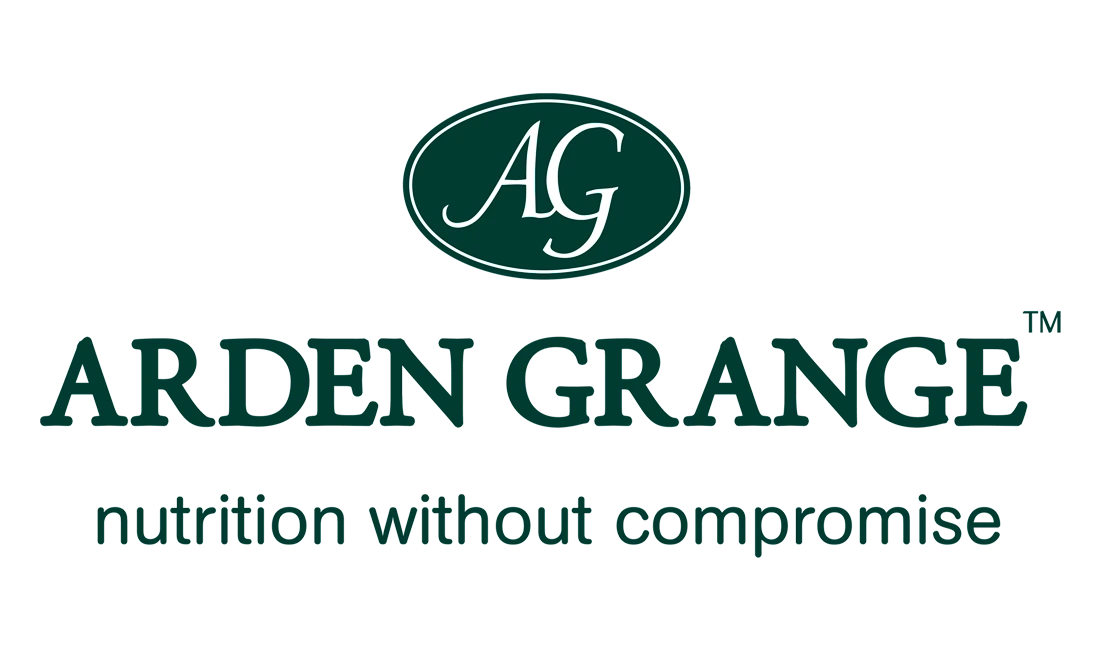Beet pulp facts and myths
Myth: Beet pulp is a poor quality, cheap filler with little nutritional value to my pet.
Fact: Beet pulp is one of the best fibre sources available for dogs and cats as it is well-researched and an excellent source of both soluble and insoluble fibre. Soluble fibre is used to produce short-chain fatty acids (which supply energy to the friendly bowel flora). It delays gastric emptying, so there is more time for absorption, and improves peristalsis (the contractions that move the food along the digestive tract). Insoluble fibre ensures an optimal transit time of food within the intestine, dilutes the colonic contents and binds to toxins, helps promote the right consistency of stool, and it may aid dietary satisfaction.
To summarise – beet pulp may help your dog or cat to feel satisfactorily full, but it is certainly not a ‘cheap filler’ and plays an important role as the main fibre source within the Arden Grange recipes.
Myth: Beet pulp is bad for my pet’s teeth and will cause diabetes.
Fact: This myth has arisen from the fact that beet pulp comes from the sugar beet plant. However, the sugar has been extracted beforehand for use in the human food industry. Fibre is important for maintaining stable blood glucose levels, and at the correct proportion, may help to reduce the risk of conditions such as diabetes mellitus and obesity.
Myth: Beet pulp will turn my pet’s coat red.
Fact: This is a common misconception which arose due to a belief that beet pulp is the same as beetroot and therefore purple in colour. In fact, it is pale in colour and there is no scientific evidence at all to link it with coat colour changes.
Myth: Beet pulp is a common dietary allergen.
Fact: A true food allergy is an immune response to a protein. Beet pulp does contain a small protein fraction (less than ten per cent), but it is rarely associated with allergies. Some of the more common dietary allergens include wheat gluten, beef, soya and dairy products – none of which are used in the Arden Grange recipes.
If you have a question about any of the other ingredients we use in our pet foods, visit our ingredients glossary or contact us.


 Puppy
Puppy
 Adult
Adult
 Senior
Senior
 Sensitive
Sensitive
 Treats
Treats Kitten
Kitten
 Adult
Adult
 Senior
Senior
 Trusted British Brand
Trusted British Brand

